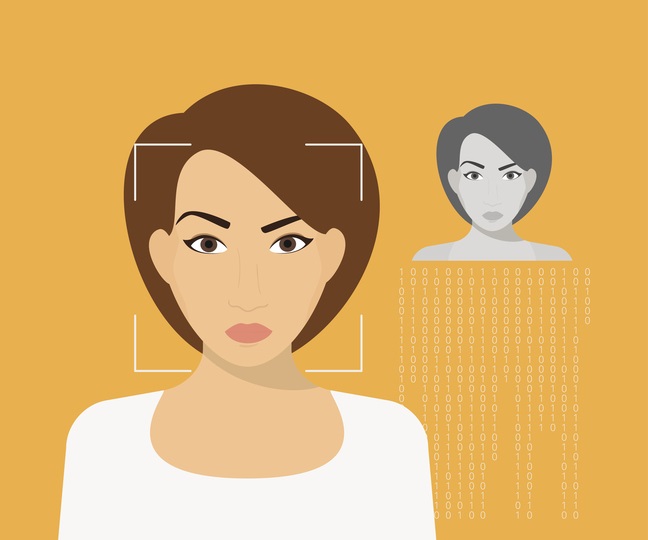Privacy in the workplace – practical tips for employers

Read more

Read more

We are regularly told to block or ‘clear our cookies’, or use a private browsing mode, if we don’t want to be tracked as we visit websites. Website operators and marketing, advertising, and other tracking companies, however, have developed other ways of tracking us, called ‘fingerprinting’, which work even if you clear or block your cookies. How prevalent is this kind of cookieless tracking? How accurate is it? And what are the implications for our ability to control our personal information and protect our privacy interests?
Read more
Facial recognition technologies can quickly identify who you are by automatically analyzing your facial features. The characteristics of your face (your biometric information) may be collected when you apply for an identity document like a passport, when you get your photo taken for an employee badge, or when you upload photos online to social media websites.
Read more
When you drive down the road or park your car, have you considered who might be recording where your car was at any given time, and where that information is stored and shared? Public agencies and private companies are using Automated Licence Plate Recognition (ALPR) systems to track vehicles throughout Canada, today.
Read more
The way we interact with our digital devices has evolved over time: from specific commands in command line interfaces, to graphical user interfaces (GUIs), to touch-based interfaces. Virtual assistants (VAs) are the next step in this evolution, and they present new privacy challenges. These assistants, such as Siri (Apple), Alexa (Amazon), Cortana (Microsoft), or simply ‘Google’, are designed to respond to your spoken or written commands and take some action. Such commands let you place phone calls, order a car service, book a calendar appointment, play music or buy goods.
Read more
On Friday, March 10, 2017, the Behavioural Economics in Action at Rotman (BEAR) group at the University of Toronto will bring together academics, researchers, regulators, and industry and consumer groups alike to address consumer privacy challenges in the online world.
Read moreShowing items 1 through 6 of 6.